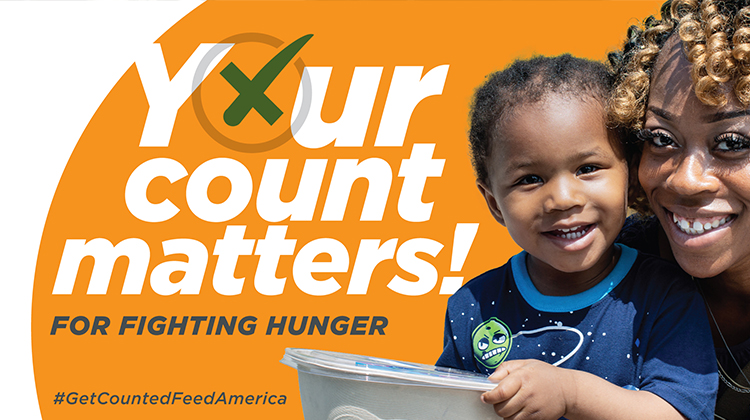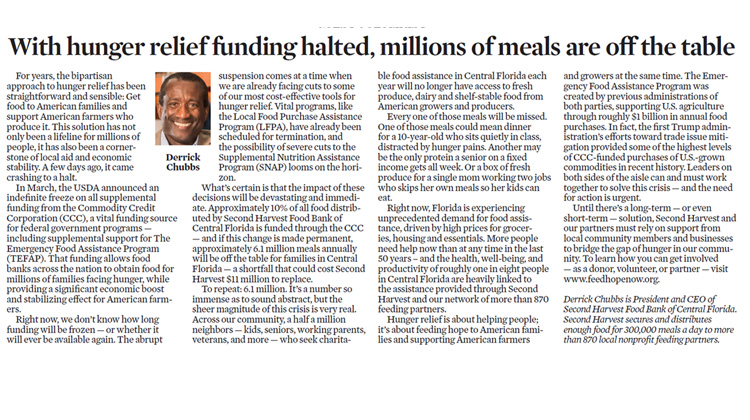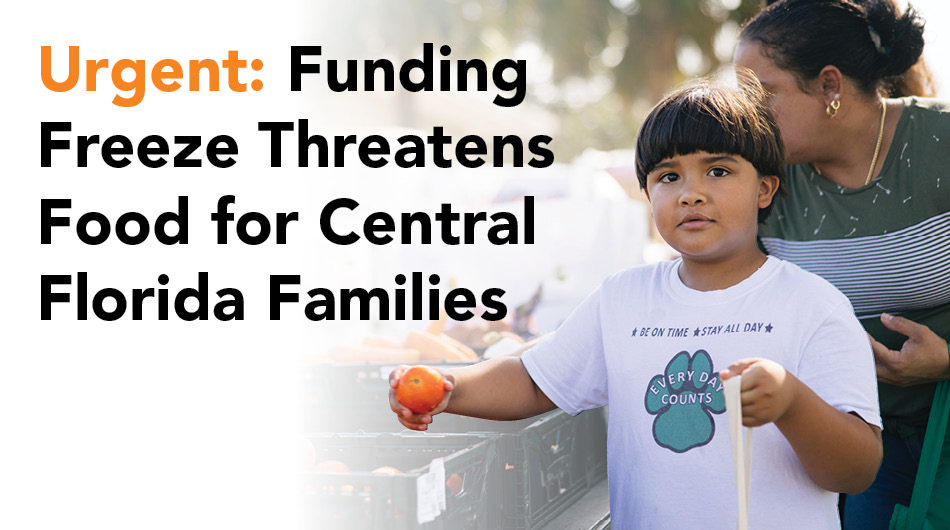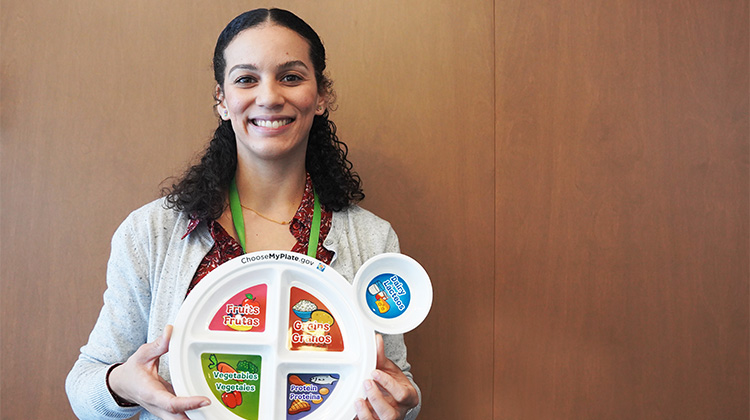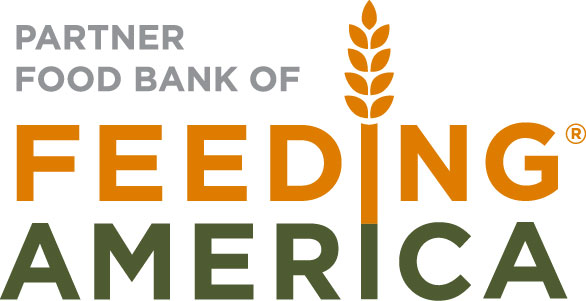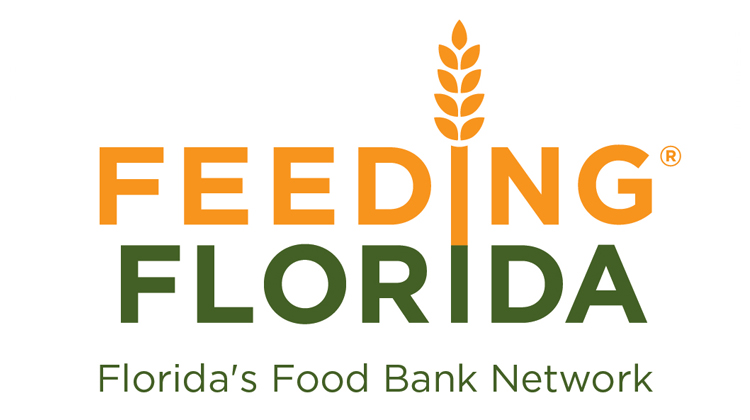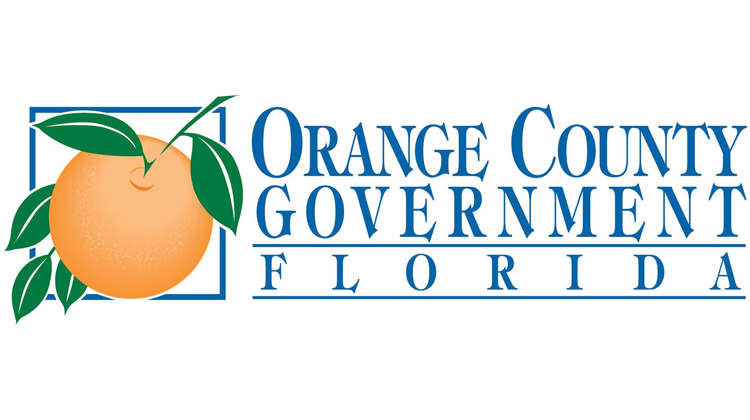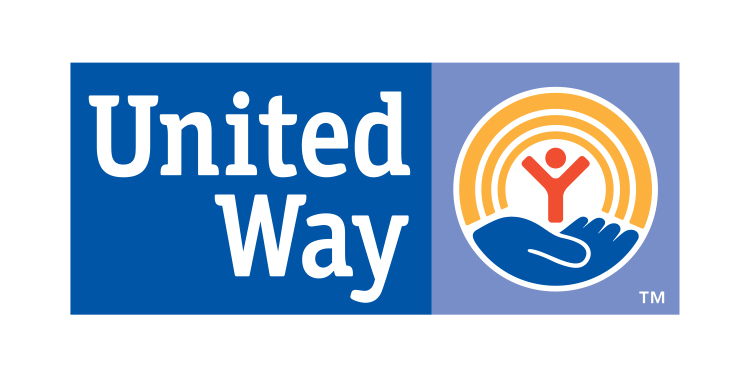Every ten years, our country takes part in the Census, an effort meant to provide as accurate of a count of everyone who lives in the US. The count is mandated by the Constitution and conducted by the U.S. Census Bureau, a nonpartisan government agency. The 2020 Census counts the population in all 50 states, the District of Columbia, and five U.S. territories (Puerto Rico, American Samoa, the Commonwealth of the Northern Mariana Islands, Guam and the U.S. Virgin Islands). Each home will receive an invitation to respond to a short questionnaire – online, by phone or by mail.
A fair and accurate Census is important because of the following reasons:
- It helps your community;
- Provides economic opportunity;
- Allows for better community planning;
- Provides fair representation.
It helps your community
From schools, to roads, to hospitals, to how much food a community needs, the census information will determine how much money and how many resources a community gets.
Food banks, like ours, uses available Census data to find food deserts, food swamps and if there is a higher food insecurity rate in specific areas of our community.
Provides economic opportunity
Census information helps business decide where to build factories, offices and stores – decisions that can create jobs.
Allows for better community planning
Local governments use census information to improve roads and public safety and prepare for emergencies, as well as determining the need for food assistance programs.
Second Harvest Food Banks works with local municipalities, like the city of Orlando and Orange County, to determine where there is greater need in the community and also provides insight for where we can use foods from The Emergency Food Assistance Program (TEFAP), or government food. This also impacts school food programs, such as National School Breakfast and National School Lunch and even funding for after school food programs.
Provides fair representation
The Census helps to fairly distribute how many lawmakers serve a community helping everyone have fair representation. Lawmakers decide funding for food programs.
The number of Congressional seats may increase or decrease depending on how much the population has grown. If there is an increase in seats, this means greater representation of that state’s needs in Congress. This could mean even greater advocacy for increased food security in Central Florida.
Leading up to the Census, there was a lot of misinformation about what type of questions the Census would ask. The final version only includes 9 questions. Here are some myth busting facts about the Census.
When should I expect the Census to happen?
In mid-March, homes across the country will begin receiving invitation to complete the 2020 Census. Once the invitation arrives, you should respond for your home in one of three ways: online, by phone, or by mail. Still have questions about the 2020 Census? Read more online at 2020census.gov.
How can I stay informed about the Census?
Sign our pledge to get counted! The Census is a count of every person in this country, and we want to help you remember to be counted. Take the pledge and promise to fill out your 2020 Census forms. Sign up here to pledge and make sure your count helps families in Central Florida.


